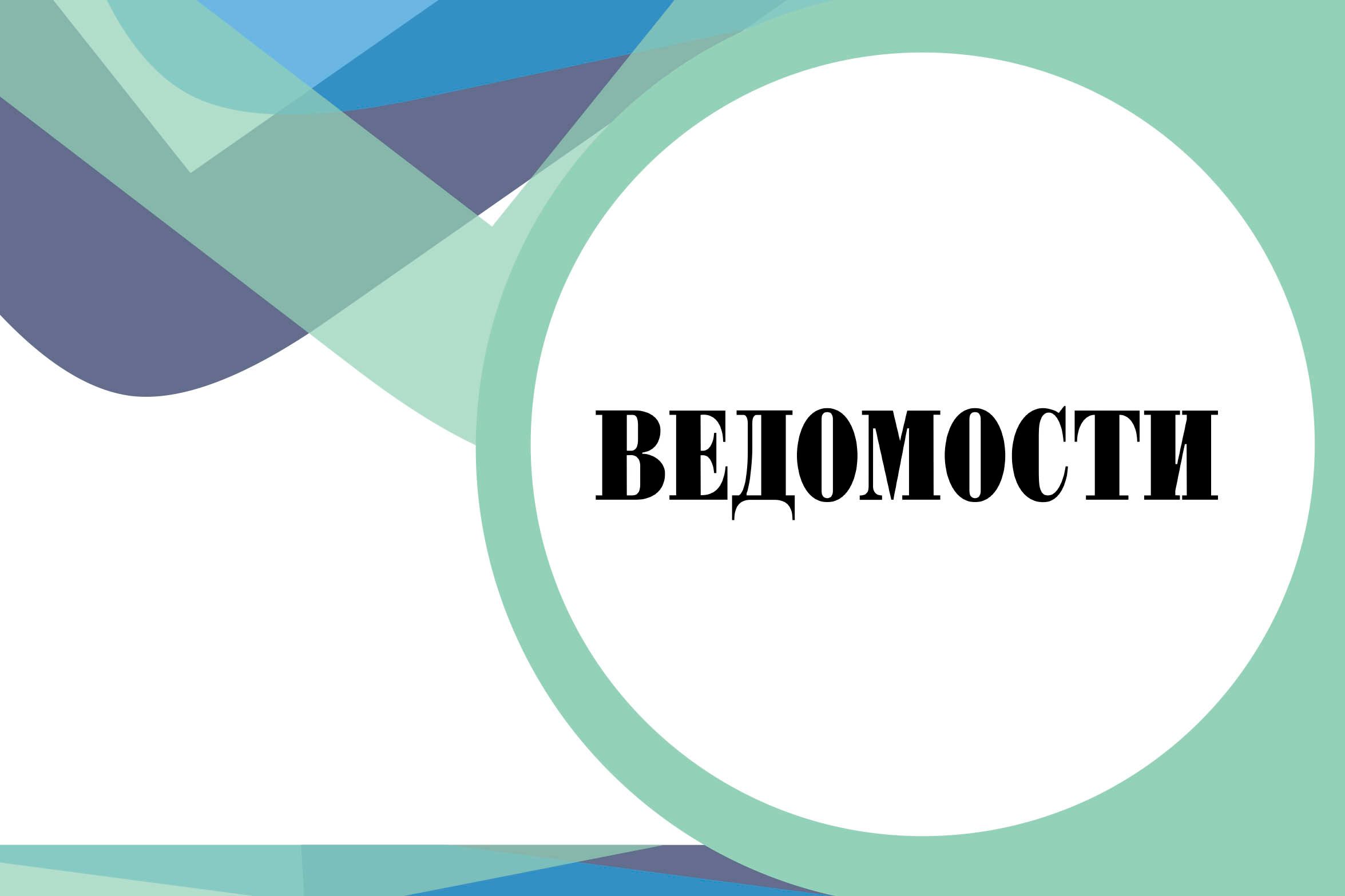The previous ownership structure is no longer relevant after the sanctions.
By Anastasiya Kovaleva, Vedomosti, 04.06.23
K2 Group Management Company owned by Anton Pak, chairman of the board of the pharmaceutical manufacturer, became the new owner of Nanolek. According to SPARK-Interfax, the deal was closed on May 24. Previously, Nanolek was owned by the Cyprus-based Nanolek Holding Limited, and since April 28 it has been the investment fund Management-Aktiv (also managed by the K2 Group Management Company).
“The late changes were connected with new regulatory requirements in place for Russian business,” says Nanolek’s representative. According to him, the old ownership structure is no longer relevant in current conditions. He did not give other details.
Nanolek was founded in 2011 by Vladimir Khristenko, the son of former Deputy Prime Minister Viktor Khristenko, and Mikhail Nekrasov, a former deputy of the Kirov Oblast Legislative Assembly. The Nanolek plant in the Kirov Region produces vaccines, cancer drugs, drugs for orphan diseases, etc. Nanolek Holding Limited is believed to have been controlled by Mr. Khristenko, Mr. Nekrasov, and their partners Evgeny Weinstein and Andrey Reus since 2019. In 2022, Vladimir Khristenko ceased being a Company shareholder and later also vacated the post of president. He transferred his share to partners and management, as “Vedomosti” was told by the Company. And in February 2023, Mr. Khristenko, along with his father Victor and his wife, Deputy Prime Minister Tatyana Golikova, were included in the Canada’s sanctions list.
Currently, Cyprus is a country that has taken unfriendly actions against Russia, which is why there are a number of restrictions for local companies: they can not fully participate in the activities of legal entities in our country as shareholders, they are limited in obtaining profits, explained Ekaterina Orlova, head of the legal firm Grace Consulting Ltd. This view is also shared by Natalia Abtseshko, head of the International Project Team at Vegas Lex, saying that Russian business, which is partially owned by foreign shareholders, is now experiencing a number of difficulties, e.g. as far as the cooperation between the parent company and subsidiary in the supply of goods and services is concerned.
According to Mrs. Abtseshko, difficulties also arise when solving corporate issues, for example, there are restrictions from the perspective of EU legislation on the provision of certain services to Russian businesses, as well as bans prohibiting Europeans to hold certain positions in some Russian companies and preventing Russians to hold offices in European firms. As a result, corporate structures which were previously widespread lose their relevance, especially for companies with originally Russian beneficiaries, the expert summarizes.
The General Director of DSM Group Sergei Shulyak also notes that lately sale of companies to management has become more common. This is a standard practice for businesses to circumvent the risk of sanctions. For example, in mid-May, Murat Aliyev’s Bonum Investments (ex-CEO of Suleiman Kerimov’s Nafta Moscow financial-industrial group) assigned 49% of shares in Pascal Medical (which produces disposable medical syringes) to Maxim Sarmanov, the Company’s General Director. In late 2022, the U.S. Treasury Department imposed sanctions on Aliyev, Bonum Capital and related entities.

